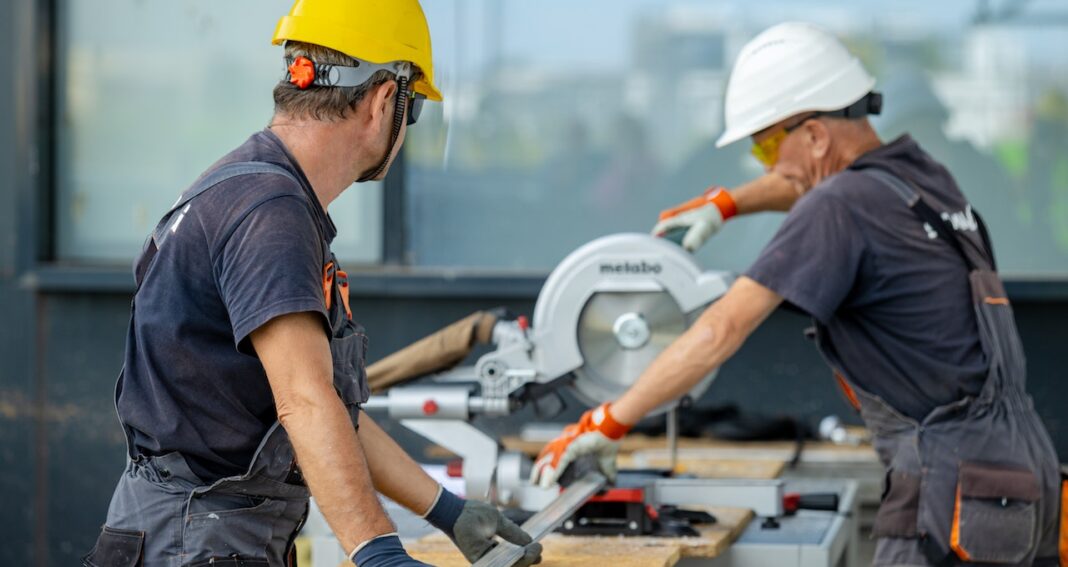On July 4th I caught an interview Chris Cuomo did with Mike Rowe from the show Dirty Jobs about the severe shortage of tradespeople in the U.S. When I was in college and would talk to my father about my career plans to get a PhD and become a professor, this child of the Great Depression wasn’t shy about expressing his skepticism. His advice to me was to learn a trade to fall back on if my plans didn’t work out. Although I was fortunate that I didn’t have to rely on his Plan B, he was correct that blue collar trades are in demand and make a good career. Fast forward to today and America is faced with a severe shortage of skilled tradespeople.
What Are Blue Collar Skilled Trades?
Skilled tradespeople are individuals who know how to fix and make things. Your house was built by skilled tradespeople, and each time you need something fixed, it is a skilled tradesperson who has the knowledge and skill. Included are many occupations including those that are familiar to most people.
- Appliance Technician
- Auto Technician
- Carpenter
- Electrician
- Machinist
- Mason
- Plumber
- Welder
Blue Collar Trades Can’t Get No Respect
Unfortunately, in the U.S. and other developed countries, blue collar trades are not given the admiration and respect they deserve. Researchers in my field of management rarely study them. Schools focus most of their attention on college bound students and devote few resources to training the next generation of tradespeople. For a generation there has been an effort to push students into STEM (science, technology, engineering, and math), especially minorities and women. You will rarely find such encouragement for students to go into the trades, and often students who might have chosen them are steered in a different direction. But the trades are vitally important–our advanced society would soon cease to exist without them. In many places it is almost impossible to find an electrician to fix a faulty light or a plumber to fix a leaking toilet. Construction jobs that should take weeks take months, or do not get done at all.
An Alternative Career to White Collar
The skilled trades are not easy. It can take years to become an expert electrician or plumber because there is so much to learn. Where most white collar jobs require cognitive knowledge, the trades require knowledge as well as manual dexterity. You need to accrue knowledge of equipment, materials, and tools. You need to understand how things are constructed and how they work. You have to be able to use tools properly and safely. It takes balance and strength. The list of the KSAOs (knowledge, skill, ability, and other characteristics) is longer than many white collar jobs. And the consequence for error can be catastrophic as a single mistake can result in injury and worse.
A blue collar trade can be a fulfilling career for individuals who have the right talents. They provide an assortment of challenges and locations. They involve physical activity that is good for your health. Blue collar trades are in demand, meaning it is possible to find a job in most places, and they can allow flexibility. Many tradespeople are business owners who build successful companies.
The trades can be a fulfilling and even lucrative career for the right person, for example, many people who are neurodivergent make great tradespeople. The mix of talents can be a better fit for many than typical white collar work. Such jobs involve working more with things than people, which is the opposite of many white collar jobs. An individual who likes being physically active and not being confined to a single location should consider the trades as a possible career choice.
Photo by Adrian Sulyok from Pexels
SUBSCRIBE TO PAUL’S BLOG: Enter your e-mail and click SUBSCRIBE
